So, what would be classified as a "stand alone" song from a musical show? Well, first thing, songs are written for shows to fit a particular mood, to develop a character, or to move the plot along. They may work very well in the context of the show, but most would not be considered as concert material. After a time, though, some songs get a life of their own because the words and music can fit in other situations away from their places in the show.
The songs in this new movie "Wonka" were clever, and were staged in engaging ways. However, it remains to be seen which, if any, songs will gain a life force of their own and become "stand alone" songs. Who can say what the fickle public will latch onto. One of the funniest points in the new "Wonka" movie was when the actor Hugh Grant sang and danced the "Oompa Loompa" song from the first movie (different lyrics) calling it the most catchy and annoying song and that he can't stop singing it.
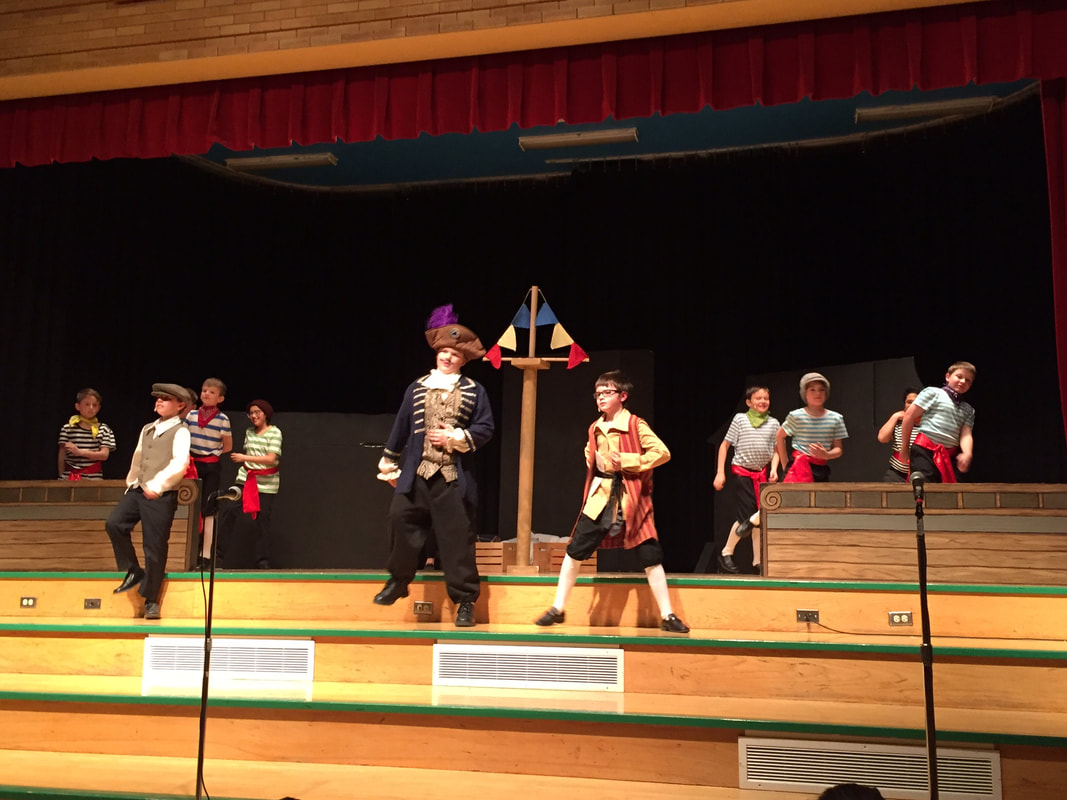
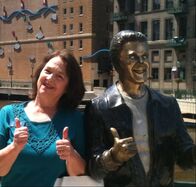
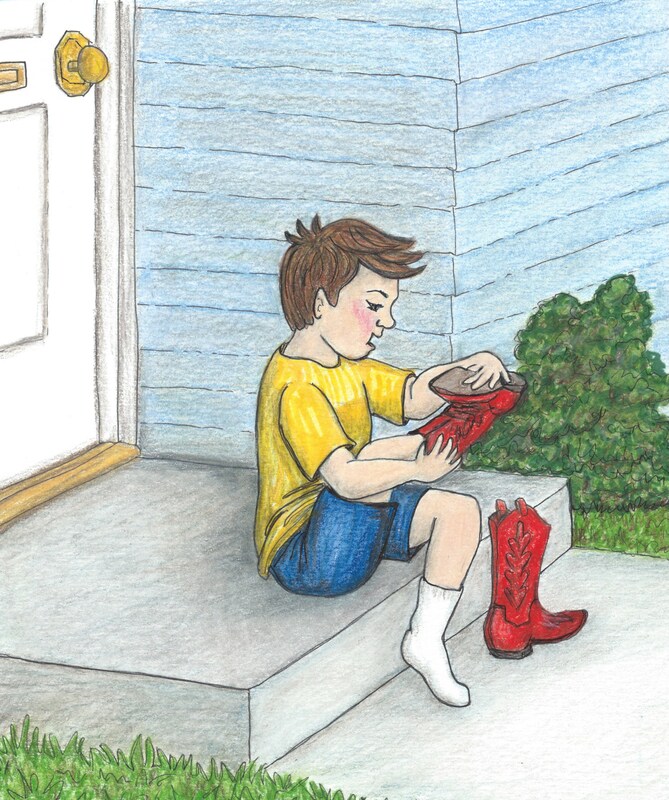
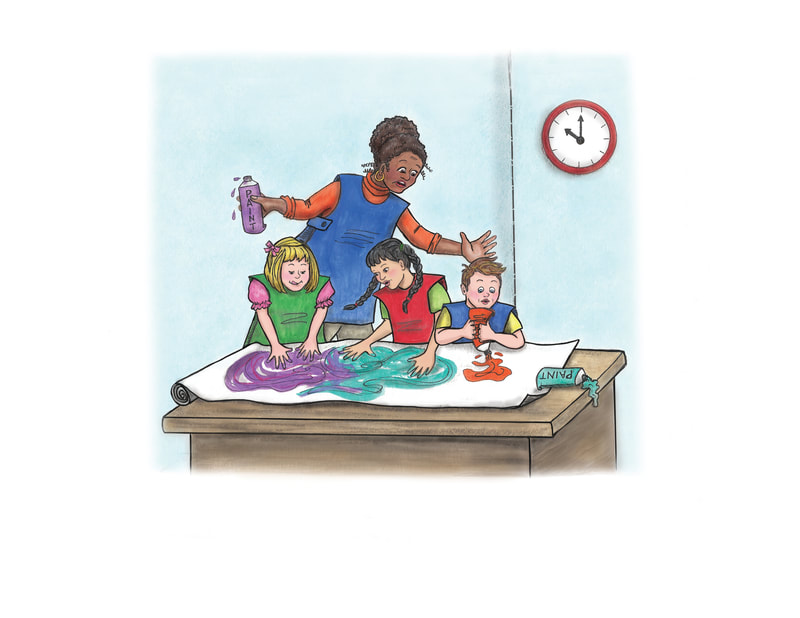
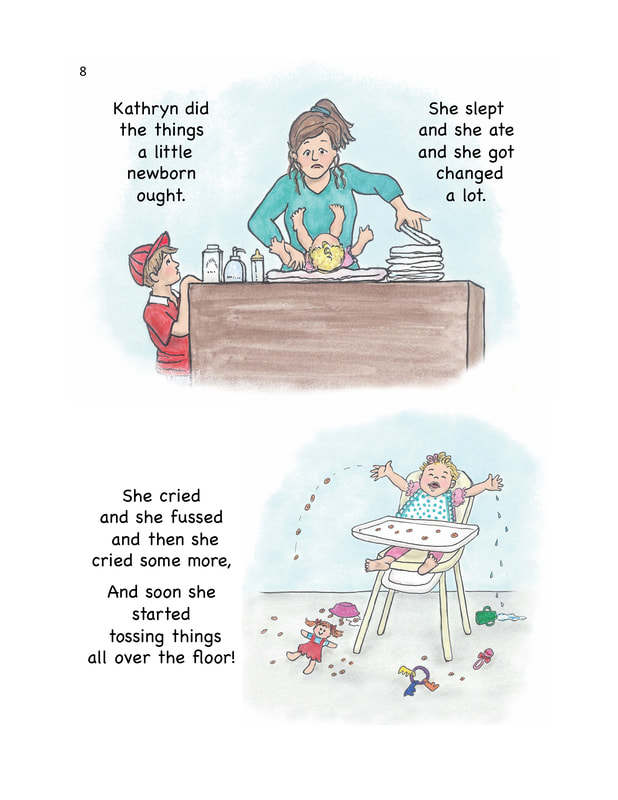
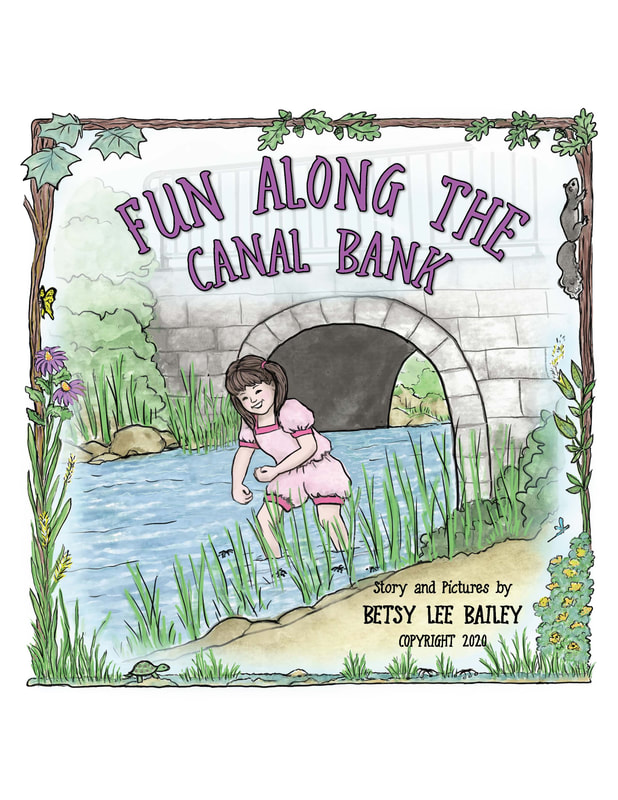
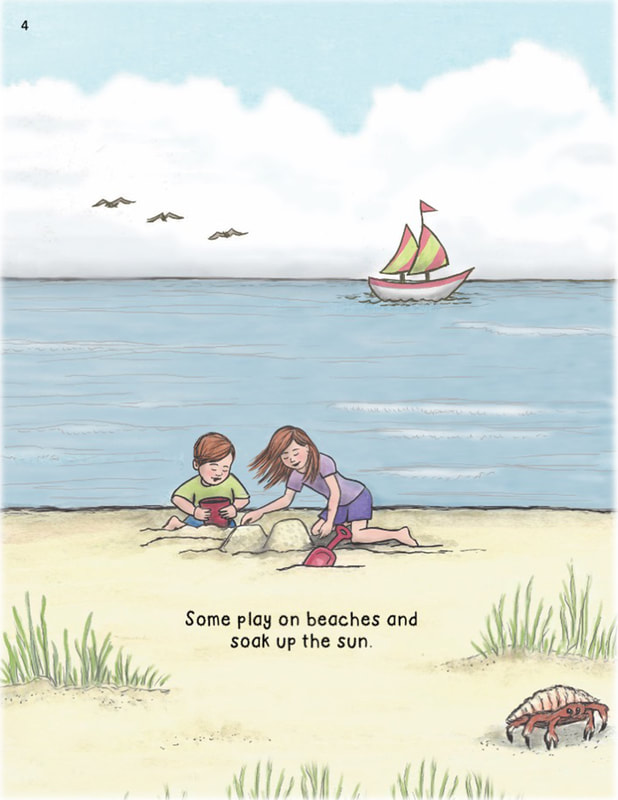
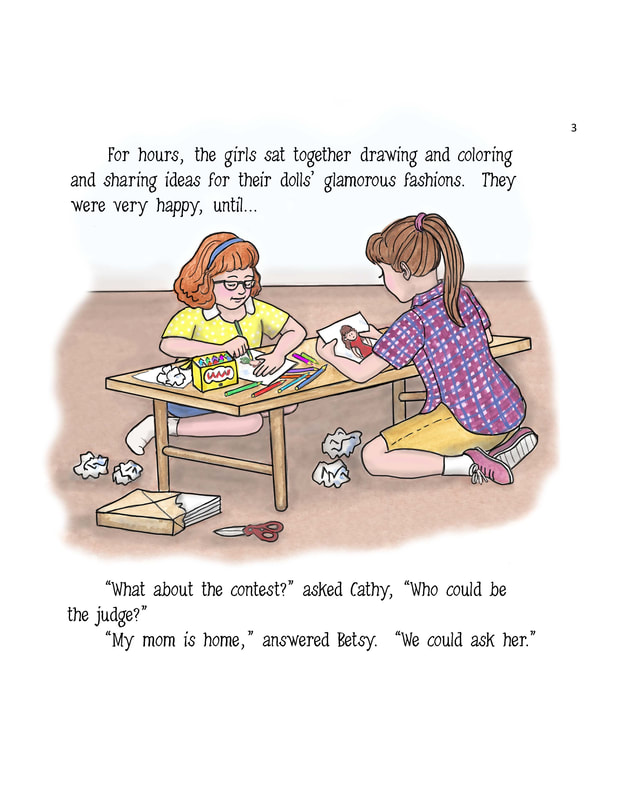
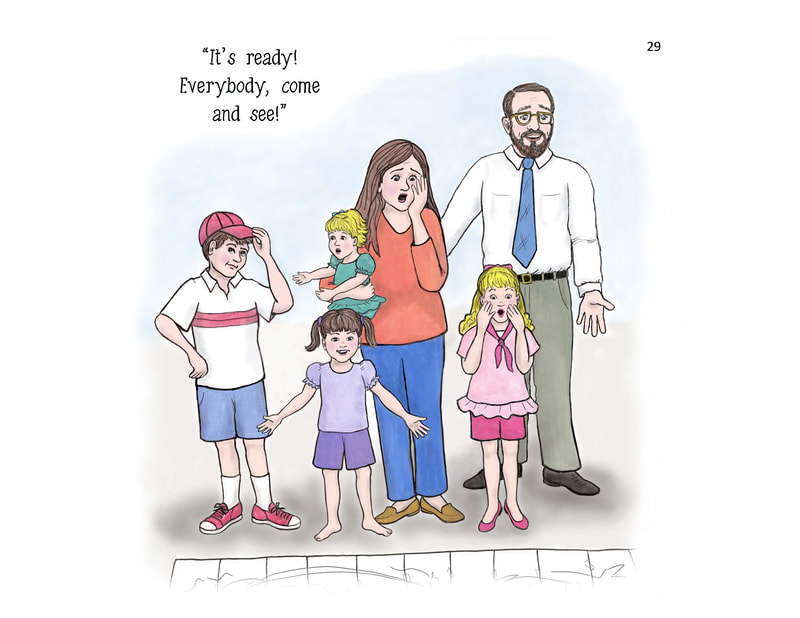

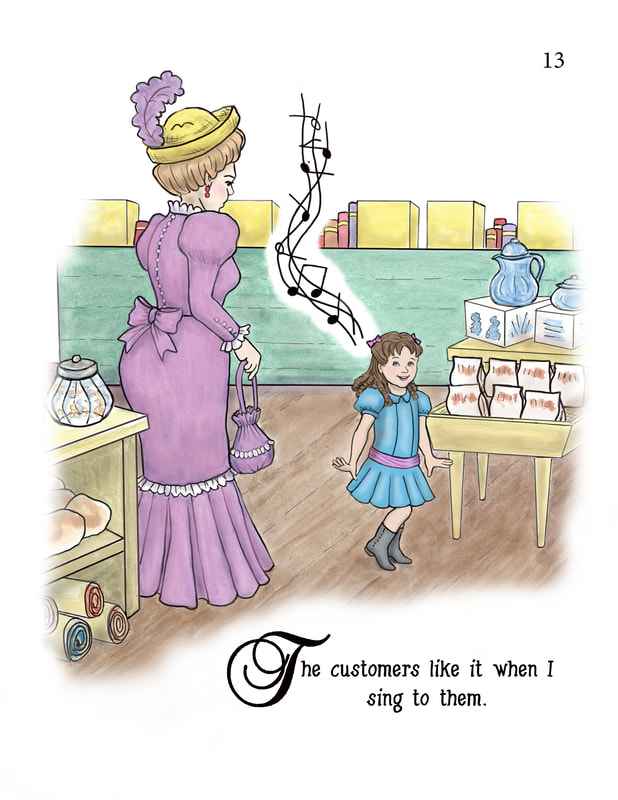
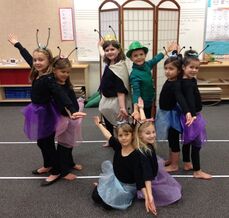
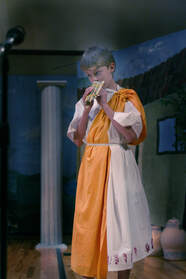
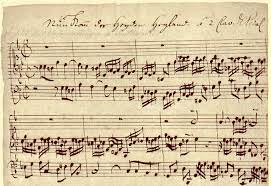




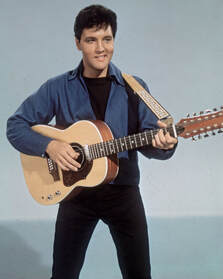
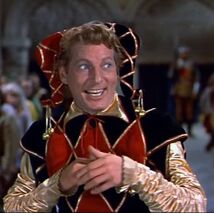
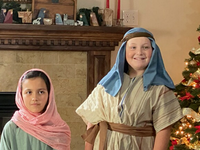

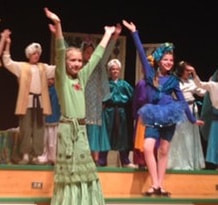
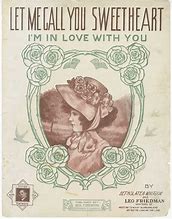
 RSS Feed
RSS Feed